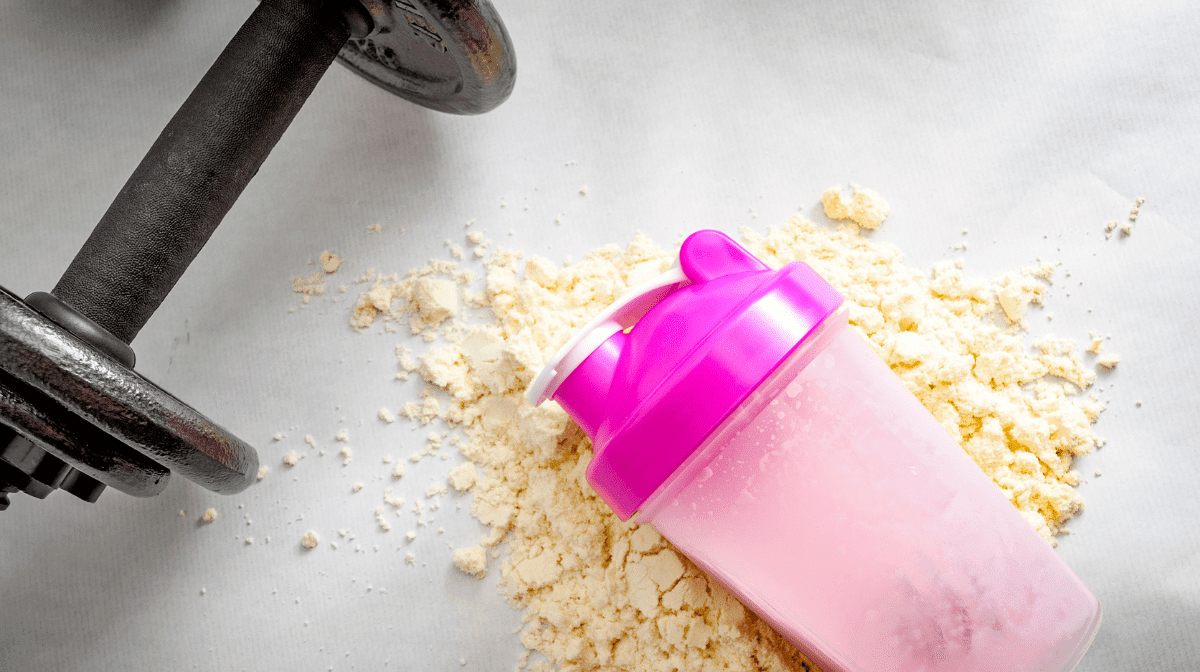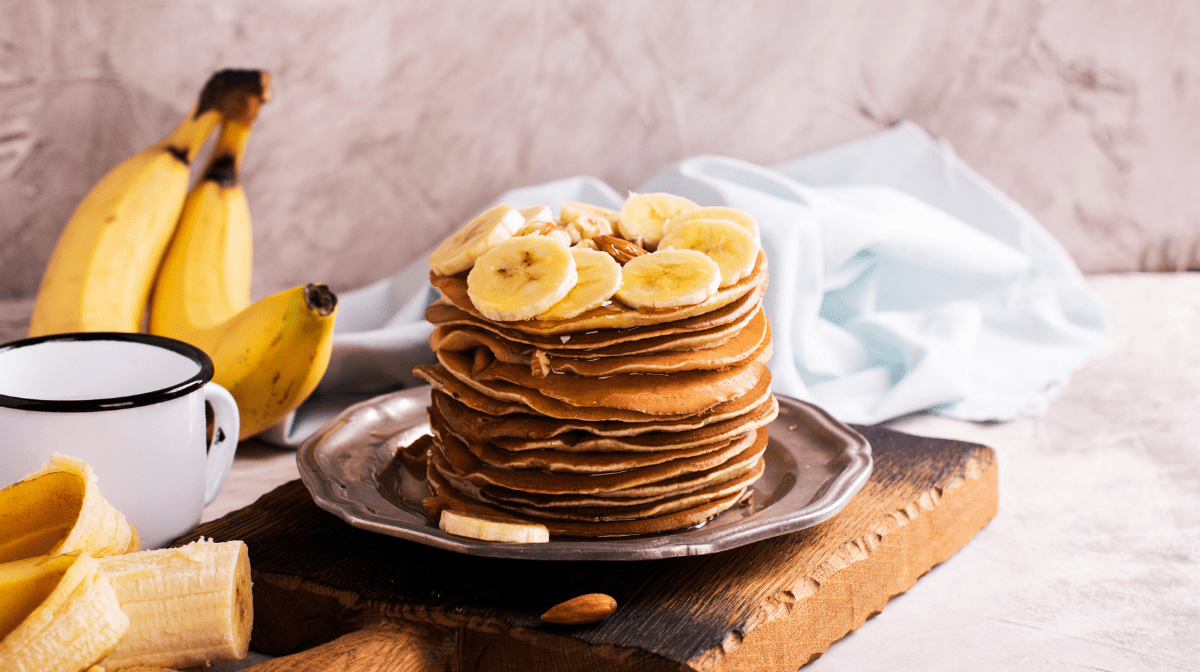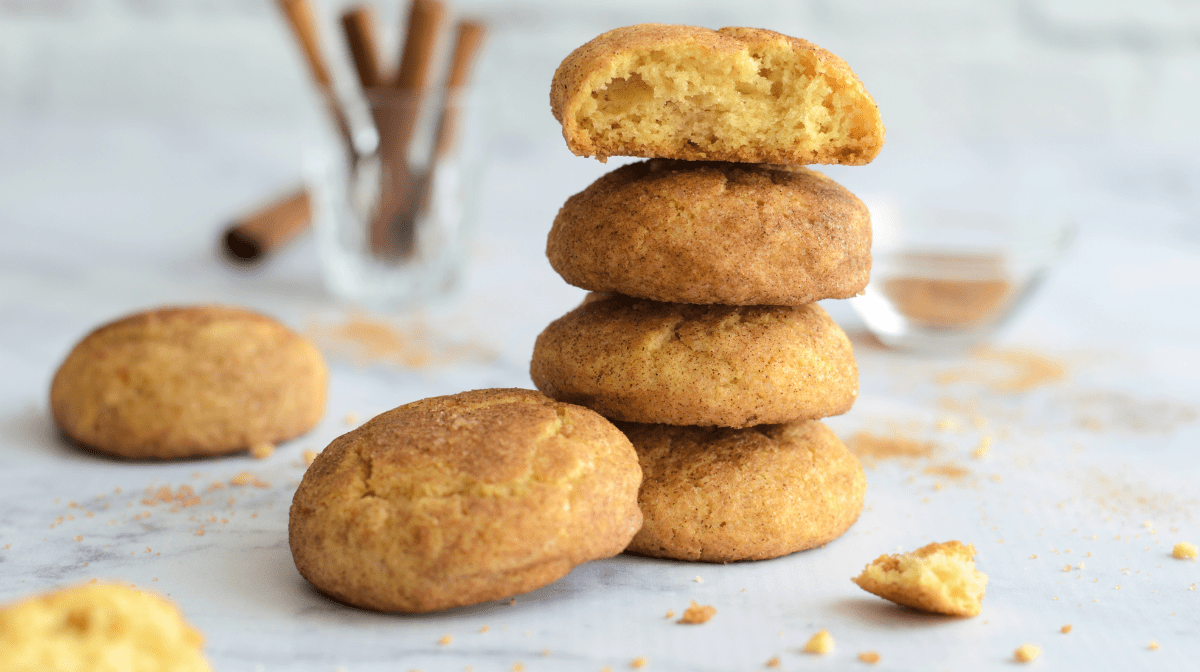Protein powders are a popular nutritional supplement. In the past, many people thought protein powders were only good for strength training athletes and those focused on building large muscles. Now, we believe protein powders are useful for day-to-day use and help us to reach our daily protein needs, reduce appetite, and manage bodyweight.
What Is Protein?
Protein is one of the three macronutrients that we need to survive. There are 20 different amino acids that make up proteins. We label nine amino acids as essential, while the rest are non-essential. Our bodies need all 20 amino acids, but it does not naturally produce essential amino acids. These we must get from our diets.
Why Do We Need Protein?

We find protein throughout the body. These large, complex molecules handle many functions, including building muscle, supporting the immune system, transporting other molecules throughout the body, and promoting healthy hair, nails and bone growth.
The Recommended Dietary Allowance (RDA–the amount of protein for healthy individuals) for protein is 0.8 grams (g) of protein per kilogram (kg) of body weight. This number changes depending on age, physical activity levels, and overall health. People who exercise at high intensity frequently, training for a race, or take part in strength training may need to increase their protein intake to between 1.1 and 1.7 g per kg of body weight daily.
Why Protein Powder?

Protein powders are a convenient and delicious way of adding extra protein in your meals and snacks.
Certain factors, like chronic health disease, following a vegan lifestyle or even a busy life, make protein powders an even more useful supplement. Protein powders help provide protein and other nutrients that may be lacking due to these other factors.
Managing your weight? Using protein powder is also a good way of tracking your calories and protein intake. Eating high protein meals and snacks can help you feel fuller for longer and stay within your desired calorie range throughout the day. Plus, following a low-calorie or weight-loss diet can cause you to lose muscle, which actually slows down your metabolism. Adding protein powders to your diet can help prevent muscle loss.
Many athletes use protein shakes because protein helps build muscle. A slightly different ratio of carbohydrates, fats, and protein can help build or maintain muscle, or help with exercise recovery. This is why many protein powders are labeled as before, during, or after workout. Protein powders make it easy for you to eat the right macro ratio.
Which Type Of Protein Powder?
The vast amount of protein powders makes it challenging to choosing the right one for you. But it also means you’re likely to find one you enjoy that helps you reach your daily protein needs. The first step to finding your ideal protein powder is learning about what type of protein makes up the bulk of the powder.
Whey protein comes from milk and is rich in branched-chain amino acids (BCAAs). These types of amino acids are known for supporting muscle growth and recovery after exercise. Myvitamins Whey Protein Powder is a fast-absorbing source of protein containing 4.5 grams of BCAAs and 12 essential vitamins and minerals.



